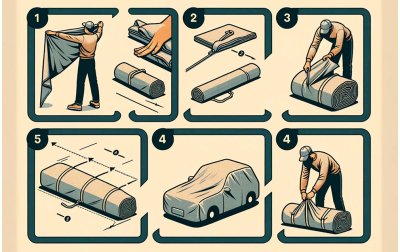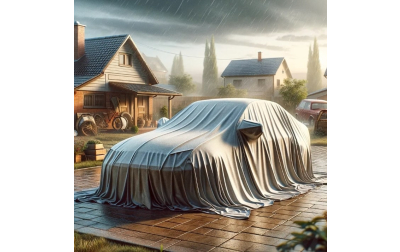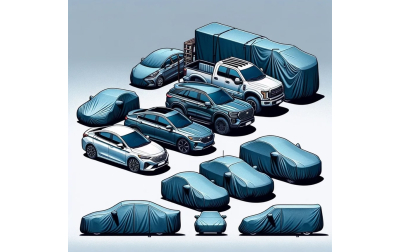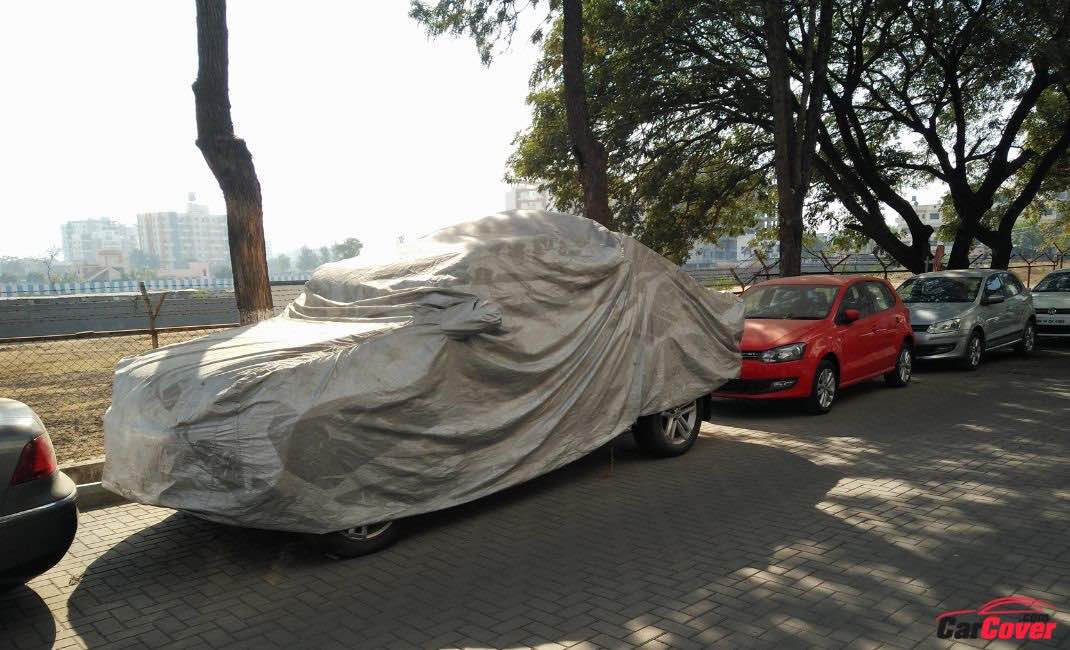
Types of Car Covers: Pros and Cons
Car covers are no longer a strange concept to vehicle owners, they are considered as an attached product to protect their vehicle anytime, anywhere. With a cover, the car is protected from exposure to bad weather conditions such as rain, snow, UV rays or even dust and bird droppings. In addition, a car cover can limit the risk of scratches on the car's paint surface. However, with the convenience and usefulness of the covers, many products are widely sold on the market, making users somewhat confused. To determine the needs and purposes of use, users need to clearly understand the types of car covers available on the market and their advantages and disadvantages. The following article will provide detailed instructions on the types of covers as well as its pros and cons.
Indoor vs Outdoor Car Covers
The truth is that no matter where you park your car, indoors or outdoors, using a car cover is absolutely necessary.
Indoor Car Covers
Indoor car covers are designed to protect your car from dirt and scratches. They are usually made from lightweight materials such as cotton or flannel. Dirt exists around us and is invisible to the naked eye. After a while, the car's surface will be covered with a dense layer of dust. At this time, car owners must regularly take their cars to be washed to make them cleaner. In addition, when parking your car in a garage or storage room, there are many objects that can cause scratches. Sometimes children's carelessness or pets' claws are also the cause of scratches on the car's surface. Therefore, using car covers at home helps vehicle owners save on regular car washing costs and protects the car's surface to always be new and beautiful. Indoor car covers are also cheaper than outdoor car covers.
Pros
- Protects from dust and scratches
- Light and easy to store
- Less expensive than outdoor car covers
Cons
Not suitable for outdoor use- Not waterproof
- Can tear easily
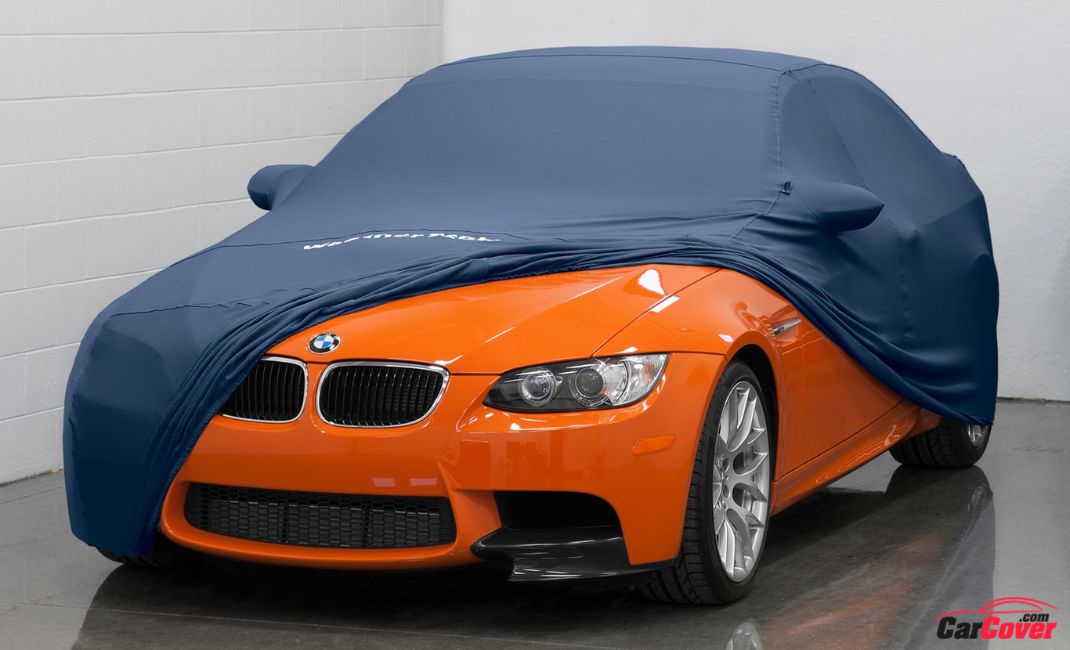

Outdoor Car Covers
Unlike indoor car covers, outdoor car covers are designed to protect the car under the negative effects of weather such as rain, snow, sun, hail or even fall leaves, debris and bird droppings. Materials used to make outdoor car covers are usually from heavier materials such as nylon or microfiber and are waterproof. Because of its outstanding features, the price is higher than that of indoor enclosures.
Pros:
- Provides protection against all types of weather conditions
- Waterproof
- Durable and long-lasting
- Able for indoor use
Cons:
- More expensive than indoor car covers
- May cause moisture buildup under the cover
See more Advantages/Disadvantages Use Outdoor Car Cover For Indoor Storing
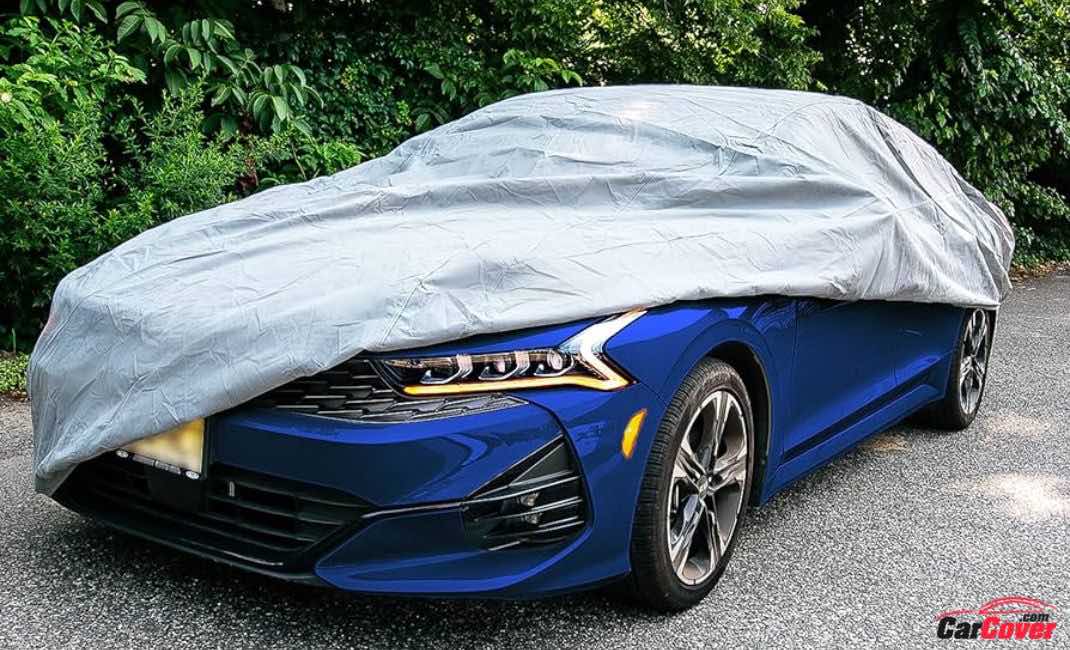

Custom Fit vs Universal Fit Car Covers
Custom Fit Car Covers
Custom fit car covers are specifically designed to fit the make, model and year of your vehicle. Thanks to the professionalism in design, each custom fit model is designed to fit the vehicle's shape as well as ensure full features such as water resistance and UV protection. Therefore, custom car covers can be used effectively both indoors and outdoors without fear of any problems. However, the cost of custom car covers is somewhat higher than other types.
Pros:
- Provides a snug fit for your specific vehicle
- Offers maximum protection against all weather conditions
- Prevents moisture buildup under the cover
Cons:
- More expensive than universal fit car covers
- May take longer to receive as they are made to order
- Not suitable for multiple vehicles
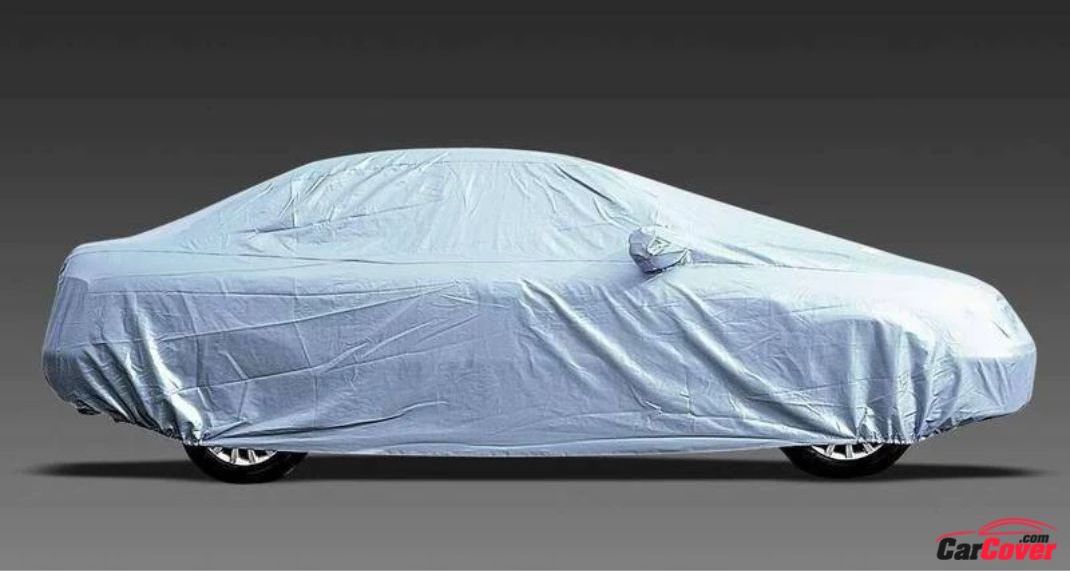

Universal Fit Car Covers
Universal Fit car covers are designed to fit many different types of vehicles within a certain size range. Because they are designed for a variety of different car models so they are cheaper than custom-fit car covers. Universal car covers are more commonly used and are always ready to be delivered to consumers because you don't have to waste time waiting for a custom design for your car model.
Pros:
- More affordable than custom fit car covers
- Readily available
- Suitable for multiple vehicles
Cons:
- May not provide a perfect fit for your vehicle
- May not offer adequate protection against all weather conditions
- May cause moisture buildup under the cover
As may you like Car Covers Compare: Custom-Fit Vs Semi Vs Universal
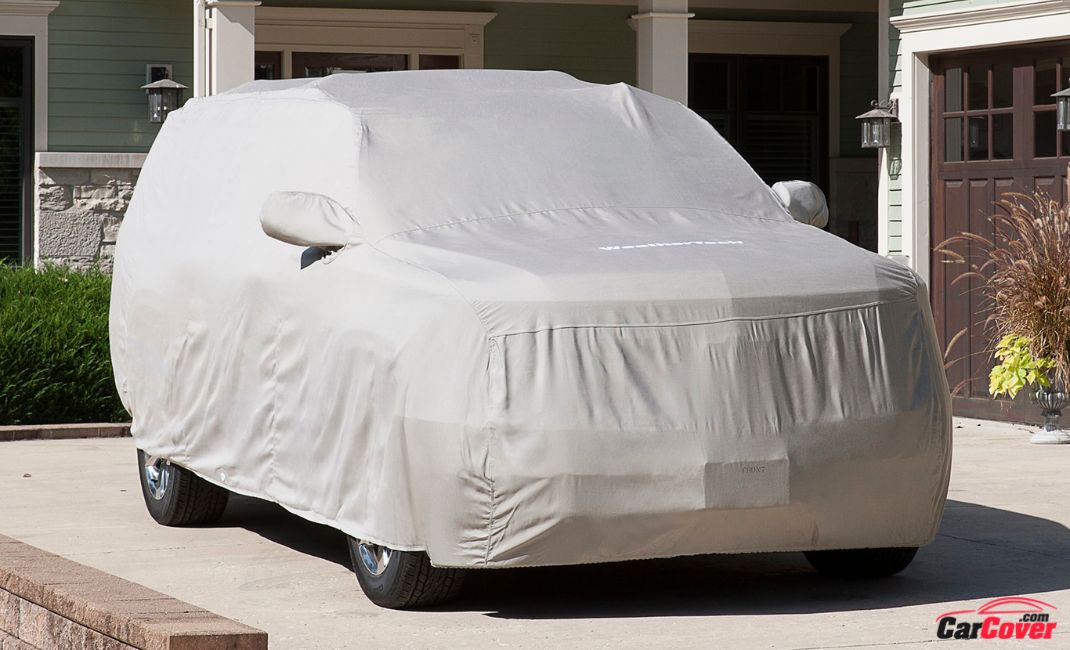

Waterproof vs Water-Resistant Car Covers
Waterproof
Waterproof car covers are designed to protect your car under the influence of rainwater in bad weather such as rain, snow, or hail. These factors may seem harmless but in fact pose many potential risks that affect the quality and longevity of the vehicle. They are usually made from materials such as nylon or microfiberand are suitable for heavy rain or snow but no UV rays protection.
Pros:
- Provides excellent protection against rain and snow
- Suitable for heavy rain or snow
- Durable and long-lasting
Cons:
- May cause moisture buildup under the cover
- Not very breathable
- No UV rays protection
- More expensive than water-resistant car covers
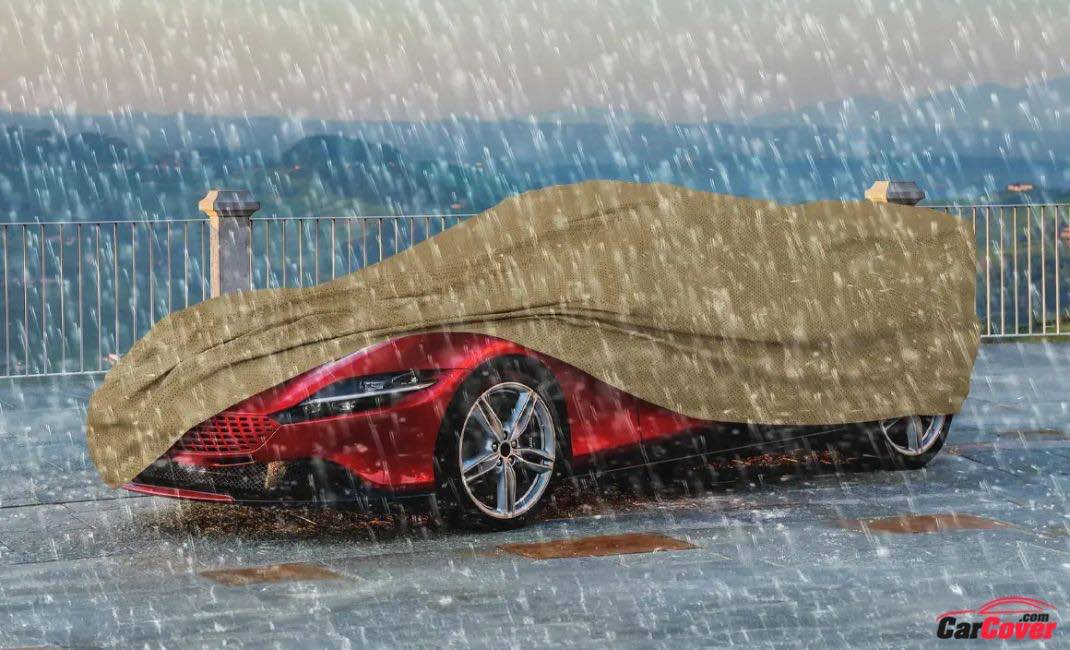

Water-Resistant Car Covers
Water-resistant car covers are designed to repel water but may not be completely waterproof. They are suitable for light rain or snow and provide protection against dust, dirt, and UV rays. However, they may not offer adequate protection in heavy rain or snow. Therefore, the price of this cover line is somewhat cheaper than Waterproof car covers.
Pros:
- Repels water and protects against light rain or snow
- Offers protection against dust, dirt, and UV rays
- More affordable than waterproof car covers
Cons:
- May not offer adequate protection in heavy rain or snow
- Not suitable for prolonged exposure to water
- May not be as durable as waterproof car covers
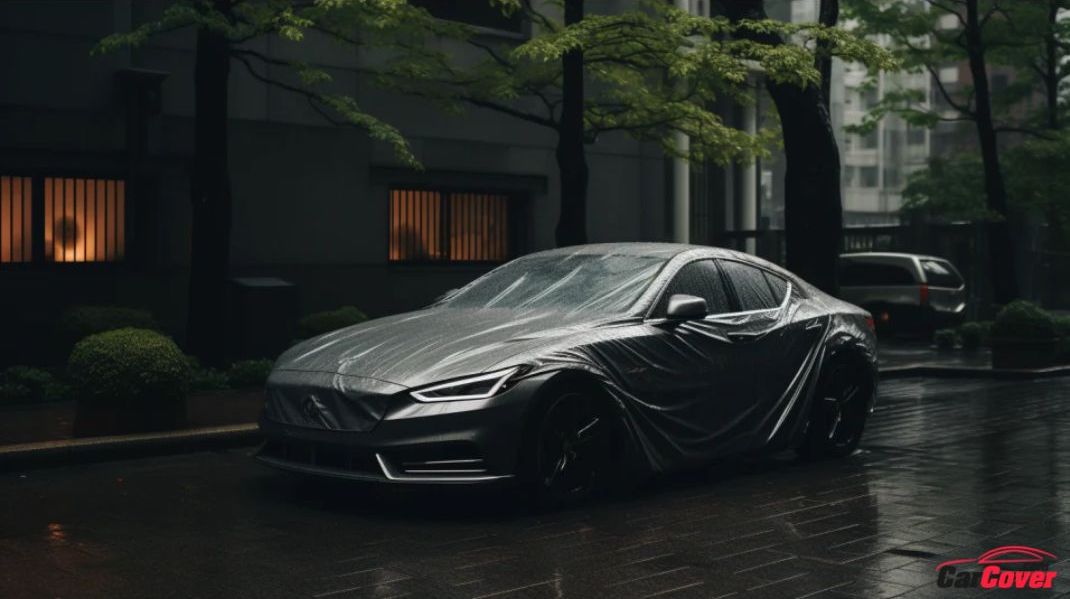

All-weather Car Covers and Breathable Car Covers
All-weather Car Covers
All-weather car covers are designed to protect cars in all types of weather whether rain or shine, snow or hail. They are usually made from materials such as nylon or microfiber and are designed to withstand various weather conditions. They are suitable for use both indoors and outdoors. However, because of their versatility, their lifespan is somewhat limited compared to other types of covers. Direct exposure to continuous rainy and sunny weather for a long time will cause them to crack and tear easily.
Pros:
- Provides protection against all types of weather conditions
- Suitable for both indoor and outdoor use
- Durable and long-lasting
Cons:
- May cause moisture buildup under the cover
- Not very breathable
- More expensive than other types of car covers
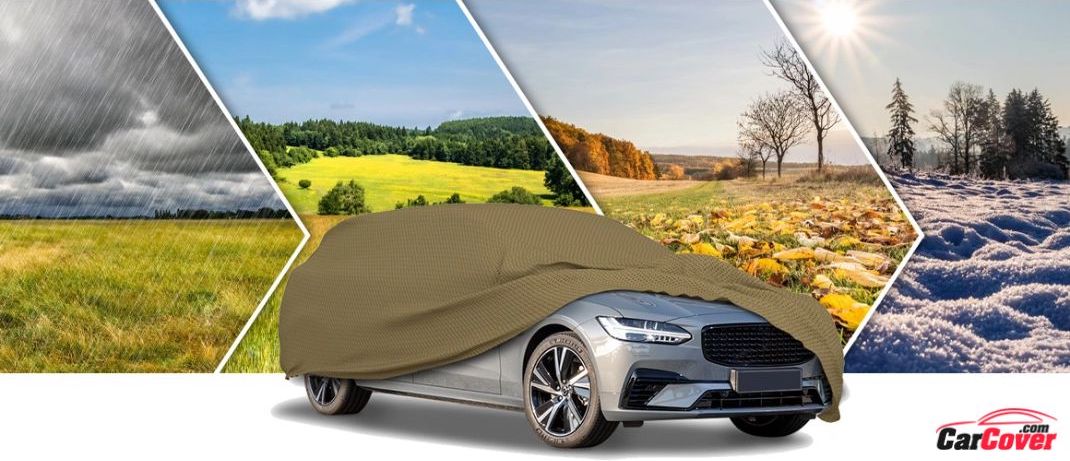

Breathable Car Covers
Breathable car covers are designed to prevent moisture buildup under the cover, making them suitable for long-term storage. They are usually made from materials such as cotton or flannel and are not waterproof. However, they may not offer adequate protection against rain or snow.
Pros:
- Prevents moisture buildup under the cover
- Suitable for long-term storage
- More affordable than all-weather car covers
Cons:
- Not suitable for outdoor use
- Not waterproof
- May not offer adequate protection against rain or snow
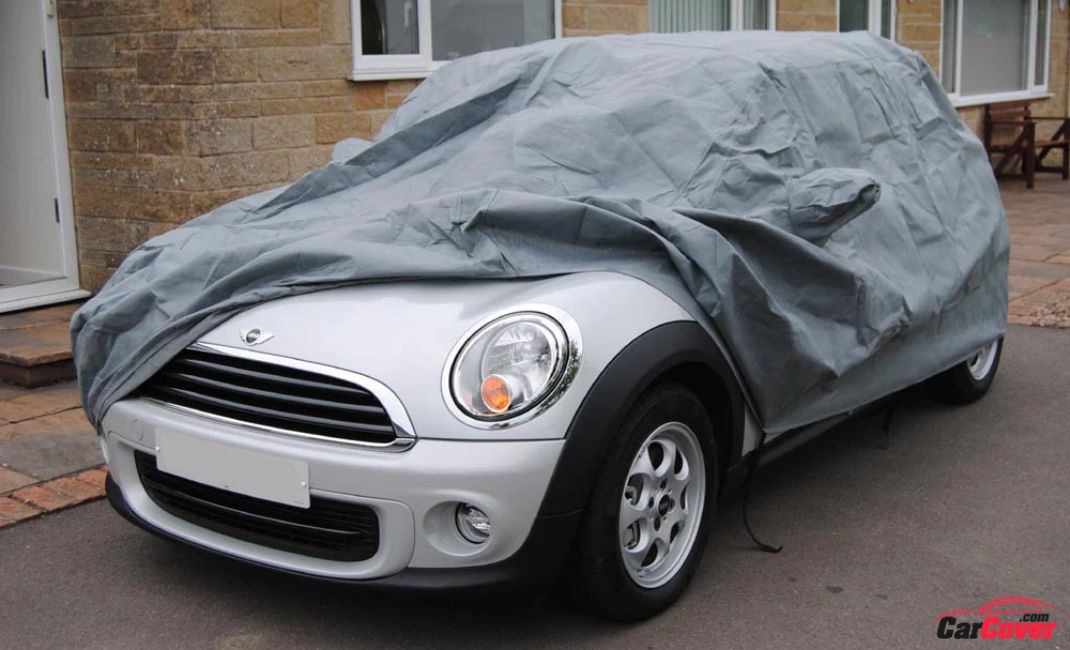

Car Cover Maintenance: Dos and Don'ts
To ensure that your car cover provides maximum protection for your vehicle, it is essential to properly maintain it. Here are some dos and don'ts when it comes to car cover maintenance:
Dos:
- Clean the car cover regularly according to the manufacturer's instructions.
- Store the car cover in a dry place when not in use.
- Use a car cover bag to protect the cover when storing it.
- Inspect the cover for any tears or damage before each use.
Don’ts:
- Do not machine wash or dry the car cover unless specified by the manufacturer.
- Do not use harsh chemicals or bleach to clean the car cover.
- Do not store the car cover when it is wet or damp.
- Do not use the car cover on a dirty vehicle.
- Do not place heavy objects on the cover
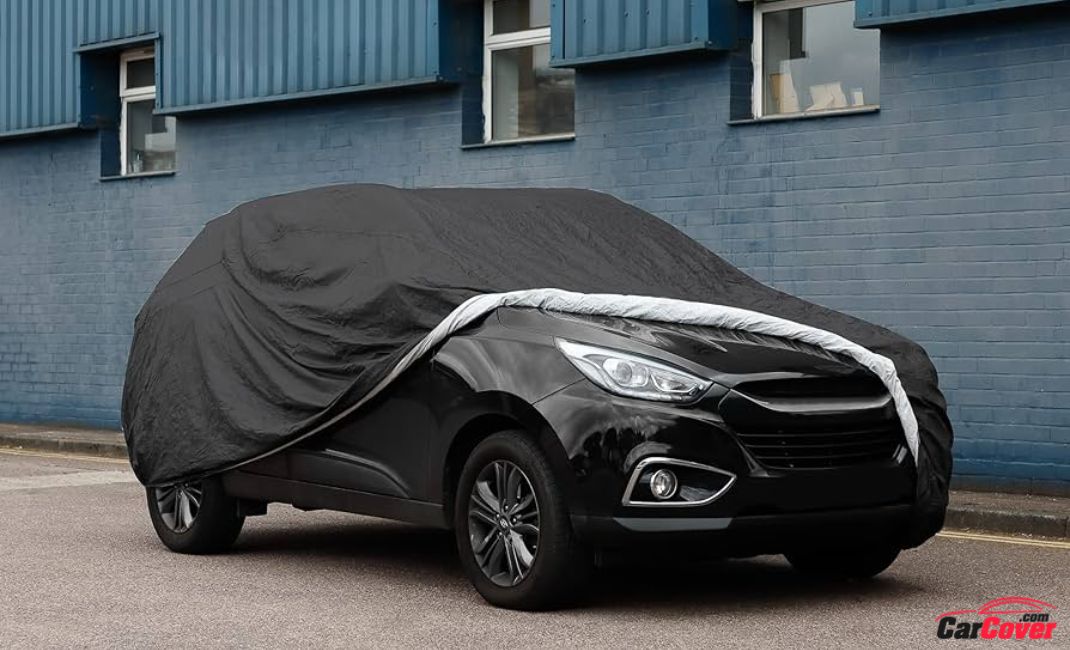

Conclusion
In short, although there is a variety of covers on the market, understanding the different types of covers in detail helps buyers choose the type of cover that suits their needs. Always consider the weather conditions where you live so you can choose the appropriate cover. Finally, store the covers properly to keep their lifespan longer.













